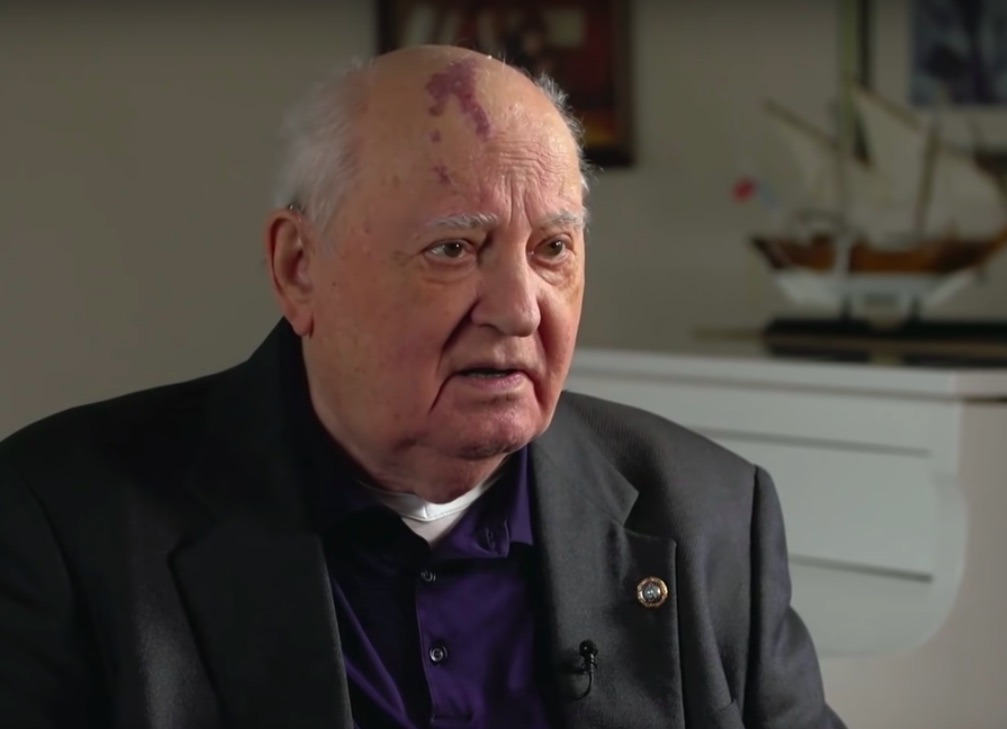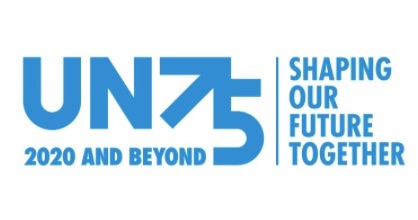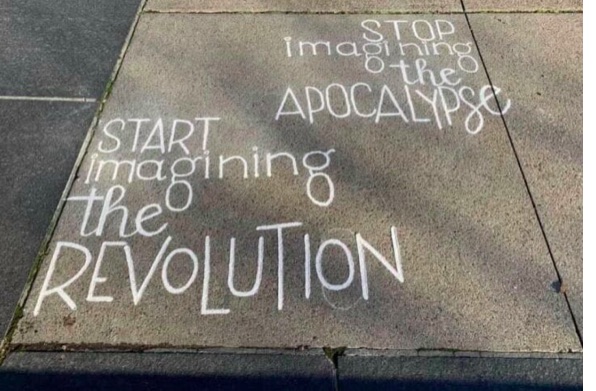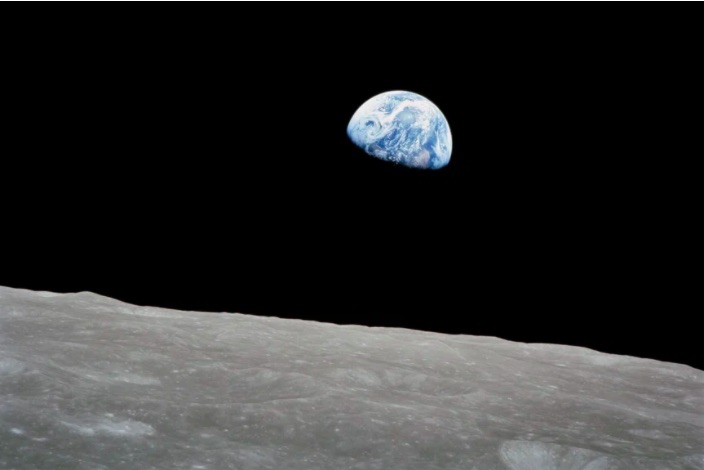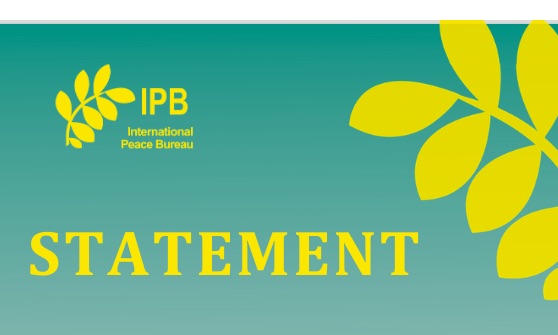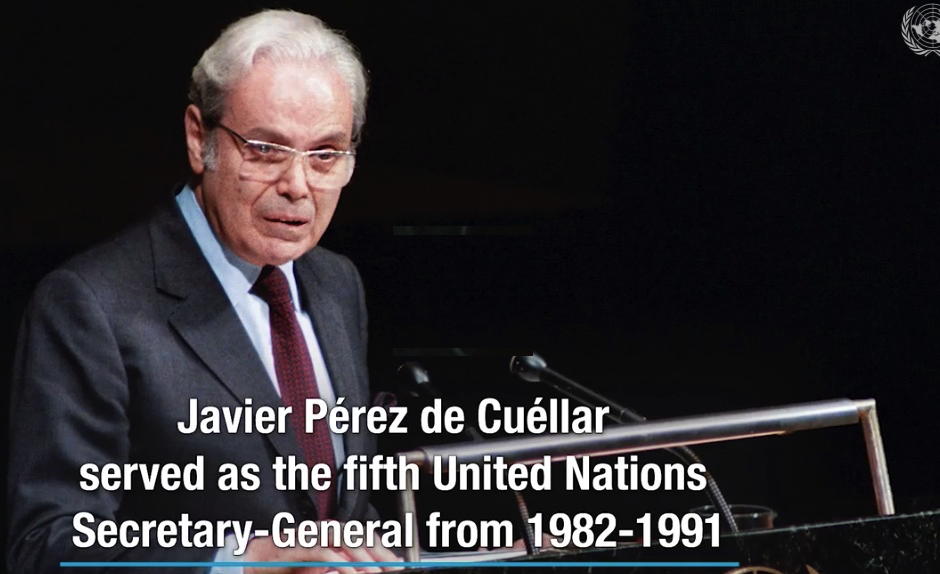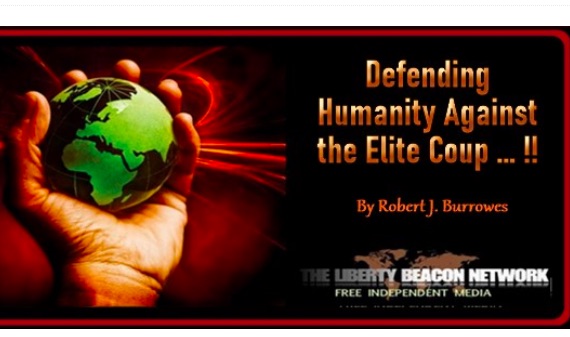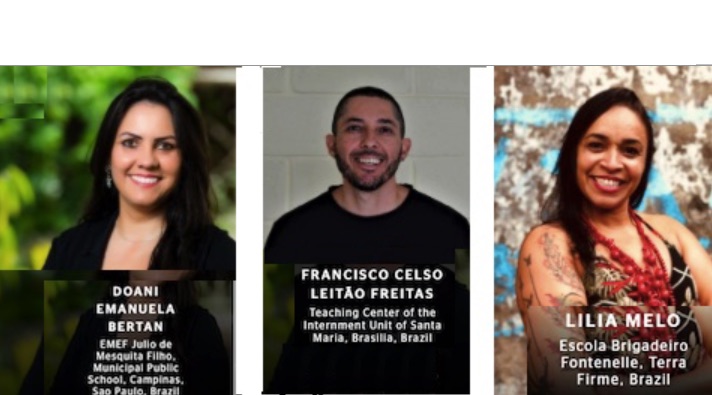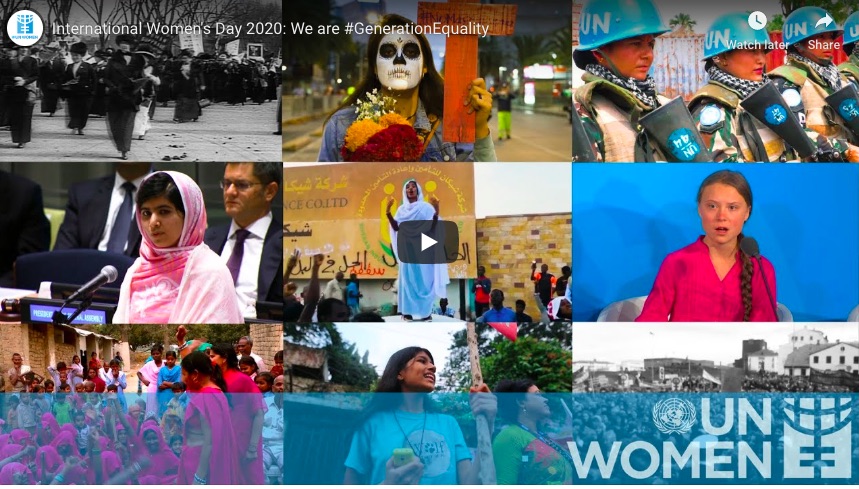. DEMOCRATIC PARTICIPATION .
An article from APA News (translation by CPNN)
Mr. Abdelmoughit Benmassoud Tredano, Professor of Political Science and Geopolitics at Mohammed V University in Rabat, provides an analysis of post-Covid-19 international relations, as well as the first lessons from the coronavirus crisis.
According to him, the crisis has only just begun with the collapse of the stock markets, the fall in the price of oil, against a background of war between the powers, and other more or less serious signals. “This is just the tip of the iceberg,” he said.
Now a new organization of the world is essential. First, at the individual, group and national level, individualism is outdated and solidarity is needed instead.

Also, an understanding of the uniqueness of humans and our common destiny must replace the carefree attitude of before. This certainly implies rethinking the organization of the world on all levels, in the sense of less globalization and above all the rehabilitation of the welfare state, predicts Pr. Tredano.
According to the Director of the Moroccan Journal of Political and Social Sciences and President of the Center for Research and Studies in Social Sciences (CRESS), a new organization of the world must be envisaged and new modes of production and distribution of wealth must be researched and applied. Suffice to say that a challenge to globalization is not only imperative but even beneficial.
“This is not a luxury but an essential and perhaps saving choice. Now we face the choice between the extinction of humanity and our survival. It may seem overwhelming and excessive, but the choice is there, “said the Moroccan academic, author of numerous works, books, articles and studies on internal and international political issues.
(continued in right column)
How can we work together to overcome this medical and economic crisis?
(continued from left column).
This is an opportunity as well as a crisis. The Covid-19 crisis “can have a virtue: that of allowing the planet a certain break,” he maintains. For him, what the Intergovernmental Panel on Climate Change (IPCC) and environmentalists could not impose on economic and financial policy makers, the crisis linked to this pandemic is, in part, realizing it.
Apparently, the air in the Chinese city of Wuhan is starting to be breathable; and the water in the canals of Venice (Italy) has become more transparent!
The coronavirus pandemic poses many challenges. Europe and the world are discovering that they all depend on China; economic indendence, in fact independence in general, is in question.
Also, a questioning of globalization supposes a beginning of relocation and reindustrialisation, he explains, adding that we must re-establish a circular economy, ecological solidarity, cooperation and proximity.
The academic also stresses that the organization of the world by regional groups must be adopted because no single state can stand alone, unless it is an entire continent. He insists on the imperative of solidarity between peoples and states, in these times of planetary crisis.
The global geopolitical configuration will be completely turned upside down, he acknowledges, noting that the signals since at least 2003 are becoming clearer: Europe is crumbling, America is floundering and Asia is asserting itself.
Pointing out that following each world geopolitical cataclysm, there is a need to build a new international order, Professor Tredano believes that the idea of the coexistence of regional and international powers is a track and a guarantee that avoids the domination of the powerful.
“International cooperation must be effective and not just as a slogan that we wave in all international forums if we are to be able to effectively deal with crisis situations such as the one we are currently experiencing. Now everything is global!,” underlines the Professor.
While waiting for a “demondialization”, he continues, the culture of peace and tolerance must be established. “It must meet fundamental and unavoidable conditions of collective life of peoples and states in a difficult and complex world. All of this presupposes a new organization of the world.”
